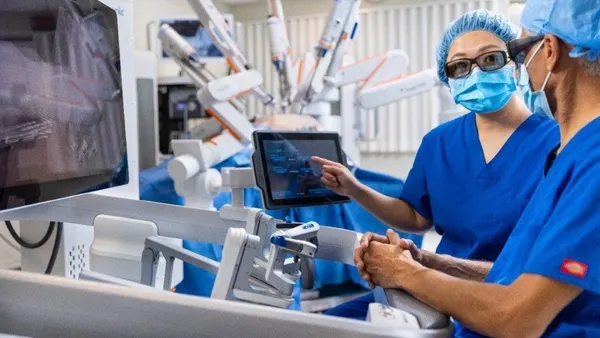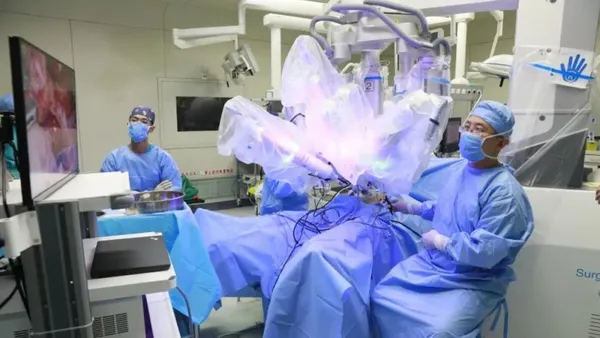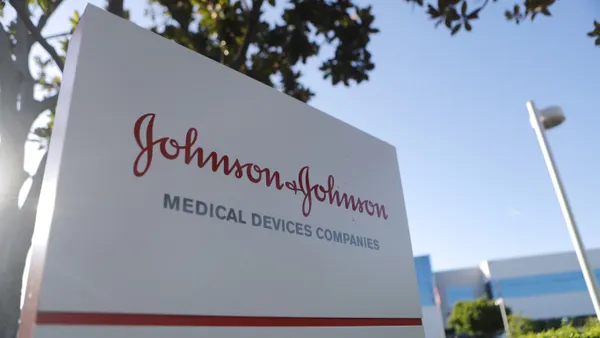Senators Elizabeth Warren, D-Mass., and Chuck Grassley, R-Iowa, are doubling down on their campaign to get the Food and Drug Administration to swiftly approve rules allowing retail sales of inexpensive hearing aids.
A report compiled by the cross-aisle pair accuses large hearing-aid manufacturers of undermining a proposed FDA rule to create a class of over-the-counter hearing aids.
In a June 29 letter sent to FDA commissioner Robert Califf, the senators accused hearing-aid manufacturers of launching “astroturf campaigns,” citing form letters found in submitted comments to the FDA’s proposed rule. The two said form letters accounted for about 40% of the comments received by the agency.
“Powerful stakeholders, including dominant manufacturers in the highly-concentrated hearing aid industry, are using astroturf lobbying tactics to weaken the FDA’s proposed rule,” Warren and Grassley wrote in a joint statement. The senators want to “expand access, reduce costs, and ensure a robust new market for safe and effective OTC hearing aids.”
At the same time, they accused the manufacturing lobby of “harming American consumers.”
According to the senators’ report, while nearly 38 million Americans experience hearing loss, the high cost of hearing aids mean only one in five people who would benefit from a device use one.
Since January, the senators have been urging the FDA to adopt a final rule, after the agency issued a proposed rule on over-the-counter hearing aids in October. A provision requiring the FDA to create a category of over-the-counter hearing aids within 30 days is part of a must-pass Senate bill that sets the amount of user fees the FDA can collect from medical device makers to fund the agency’s regulatory programs.
Legislation that would allow hearing aids to be sold over the counter passed in 2017, but it still hasn’t been implemented by the FDA. The proposed rule issued by the agency in October spelled out how the changes would be implemented, allowing adults with mild to moderate hearing loss to purchase the devices without a fitting from an audiologist.
The FDA proposal drew more than 1,000 comments, with some groups such as the Academy of Doctors of Audiology supporting the language as written. At the same time, some audiologists and hearing-aid manufacturer Starkey Hearing Technologies raised concerns around the maximum output level and gain limit set in the guidance.
According to the senators’ report, similar language from industry-driven form letters appeared in more than 400 comments.
“Although written by individuals, many of these letters used identical or nearly-identical language that either raised concerns with or recommended changes to the maximum output level, gain limit, and federal preemption requirements or any combination of the three – suggesting that they were sent as part of extensive industry-backed ‘astroturf’ campaigns designed to give the impression of an independent grassroots response,” they wrote.













